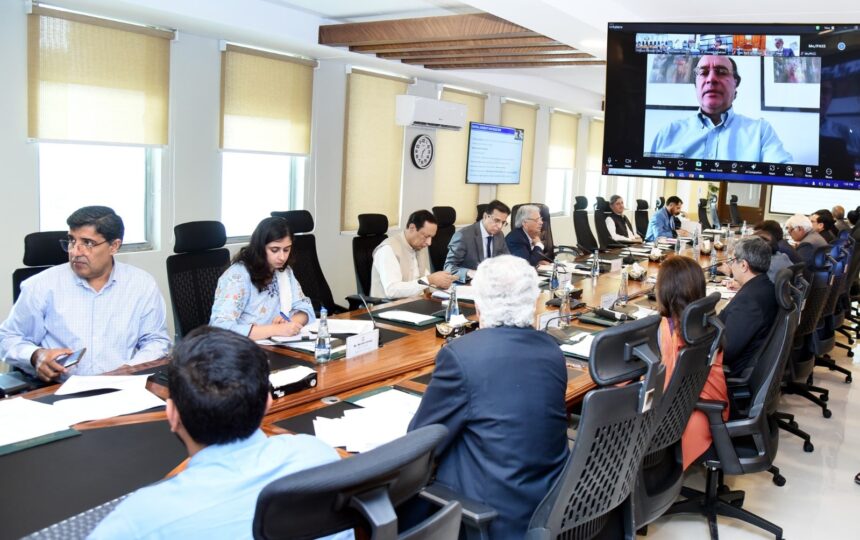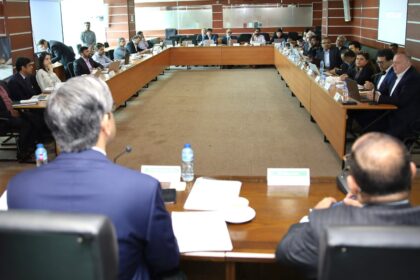The Economic Coordination Committee (ECC) of the Cabinet has approved several major economic initiatives, including a new subsidy scheme to encourage the adoption of electric vehicles, a significant technical grant to settle remittance reimbursement claims, and a conditional financial bailout for Quaid-i-Azam University. The decisions were made under the virtual chairmanship of Federal Minister for Finance and Revenue, Senator Muhammad Aurangzeb, with participation from key federal ministers and senior government officials.
Among the most notable approvals is a subsidy program aimed at promoting electric mobility across Pakistan. A budget of Rs 9 billion has been allocated for the next fiscal year to support the introduction of electric bikes and rickshaws/loaders. The scheme targets the distribution of 116,000 electric bikes and 3,170 electric rickshaws/loaders in two phases, with the initial rollout set to deliver 40,000 e-bikes and 1,000 e-rickshaws/loaders. A unique aspect of the plan is the provision of free electric bikes to top-performing students at government colleges, further encouraging youth participation in green mobility.
In addition to the EV subsidy, the ECC has approved a technical supplementary grant of Rs 30 billion to address pending reimbursement claims under the Telegraphic Transfer Charges Incentive Scheme from the previous fiscal year, valued at Rs 58.26 billion. The Finance Division has been tasked to collaborate with the State Bank of Pakistan to establish clear payment procedures. Furthermore, a detailed evaluation of the Pakistan Remittance Initiative has been mandated, with a comprehensive report expected after incorporating input from all relevant stakeholders.
Lastly, the committee endorsed a Rs 2 billion bailout grant in principle for Quaid-i-Azam University. This financial assistance is contingent on the university, in partnership with the Higher Education Commission, devising and submitting a plan for long-term financial self-sustainability. The intent is to ensure the university can achieve financial stability and ultimately lessen reliance on future government bailout packages.











